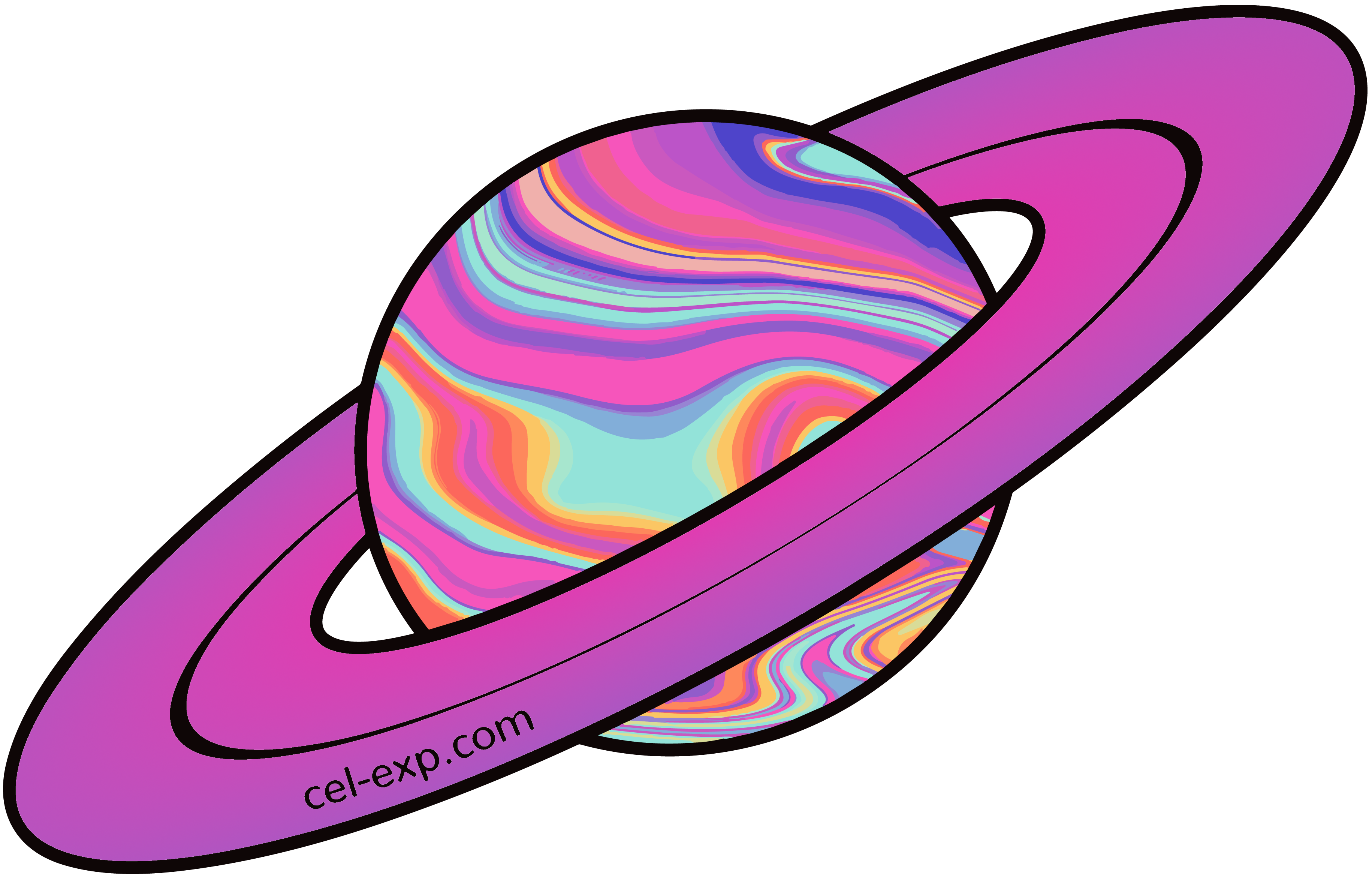More than a Science Communicator: Recognizing Griffith Observatory’s Unique Astronomers
The astronomers at Griffith Observatory defy the notion that research and discoveries are prerequisites to astronomy. As professional astronomers and educators specializing in outreach, they use their expertise to connect with a worldwide audience.
Stargazing Activities Should be Made Accessible to Urban Communities to Increase Well-being
COVID made us all aware that sitting inside, disconnected from each other and from nature, is not a way to live. Even without COVID, urban environments can feel devoid of nature, which negatively impacts well-being. City-dwellers need diverse, compelling opportunities that increase nature-connectedness. For a comprehensive plan, effective alternatives to green spaces are needed. Neighborhood stargazing parties could be an alternative to visiting a park or taking a hike.
Connecting to Nature Improves Mental Health Conditions Caused by COVID
Stargazers around the world are waking up early this month to catch a glimpse of a quartet of bright planets–Venus, Mars, Jupiter, and Saturn–clustered in the predawn sky. In addition to the pretty view, astronomers enjoy an early-morning boost to their mental health and well-being, and so could you!
Europa vs Enceladus: Scientists May Have Picked the Wrong Moon for the Next Mission in the Search for Extraterrestrial Life in the Solar System
Jupiter’s moon Europa was chosen for a future NASA flagship mission back in the 90s, but by the time the mission was in development, another moon, Saturn’s Enceladus, could have been swapped out as a potentially better option. Scientists hoping to study both with a follow-up mission to Enceladus made a bad gamble, as NASA will probably reduce science funding in the next decade in favor of developing technology for their goal of beating China …
Scientists Come One Step Closer to Pinning Down Where Life Began
Astrobiologists studying organic compounds in meteors have developed a technique that might let us finally see whether the building blocks for life could have arrived from outer space.
Congress Fails to Address Space Science Development in Newest China-focused Competition Bill
China is a rising power in the world, looking to challenge US dominance in every way. One of the sectors not being considered seriously enough is the space sector. With Russian cooperation in space steadily declining, and Chinese presence and influence catching up quickly, Congress must take action to maintain America’s lead over our newest rival in the modern space race.
Astronomers Acknowledge Their Role in Climate Change
Although their footprint is small compared to other industries, astronomers acknowledge their carbon footprint following an industry-wide analysis and the UN IPCC assessment.
SpaceX Starlink Satellites Bring Internet to Everyone and Troubles to Ground-Based Astronomy
SpaceX will launch thousands of internet-broadcasting, communication satellites into orbit over the coming years. One of the costs is the interference with ground-based astronomical observations. Bright satellites reflect the Sun and create bright streaks through images, ruining the data. The radio bands used by the satellites will drown out radio-based astronomy that once observed in those bands–blacking out studies of signs of life and the distant past of the Universe.
Russian response to US sanctions leads to innovation from US aerospace industry
Major US sanctions on Russia in the past decade have lead the Russian space agency director to threaten restrictions on NASA and astronauts. These comments led to uncertainty in Russia’s reliability to maintain necessary operations on the International Space Station (ISS). To secure the future of the ISS, NASA and private spaceflight companies have had to respond with innovation to create replacements and alternatives.
Record-breaking results from leading fusion power experiment highlight overpromised goals of next-generation fusion project
In the quest for clean, sustainable nuclear energy, fusion has been regarded as the power of the future for the human race. Recent good news has come out of the most pivotal prototype reactor, but fusion is still too good to be true. Experiments set to come online in 2025 are still being misrepresented in the media and mislead the public about the capabilities of the experiment.
Br. Guy Consolmagno, SJ
Br. Guy Consolmagno, SJ: an astronomer and Jesuit trying to bring harmony to the scientists and the faithful.
Forgotten Rocket to Hit the Moon: first debris, but not the last
A forgotten SpaceX rocket from 2015 is going to hit the moon next month. With a human presence soon to be established on the Moon and in its orbit, managing dangerous space debris is a responsibility we need to prioritize.
